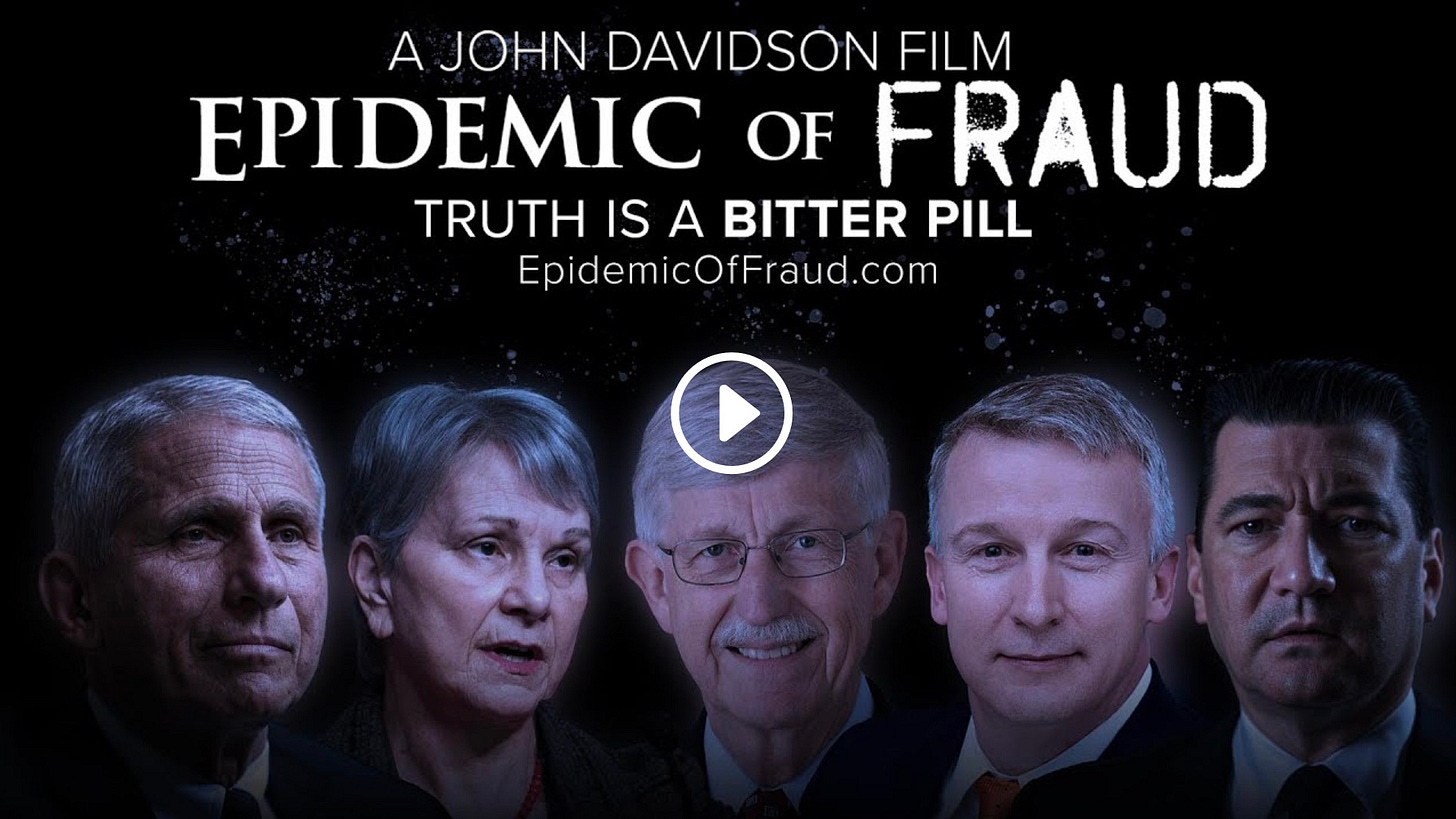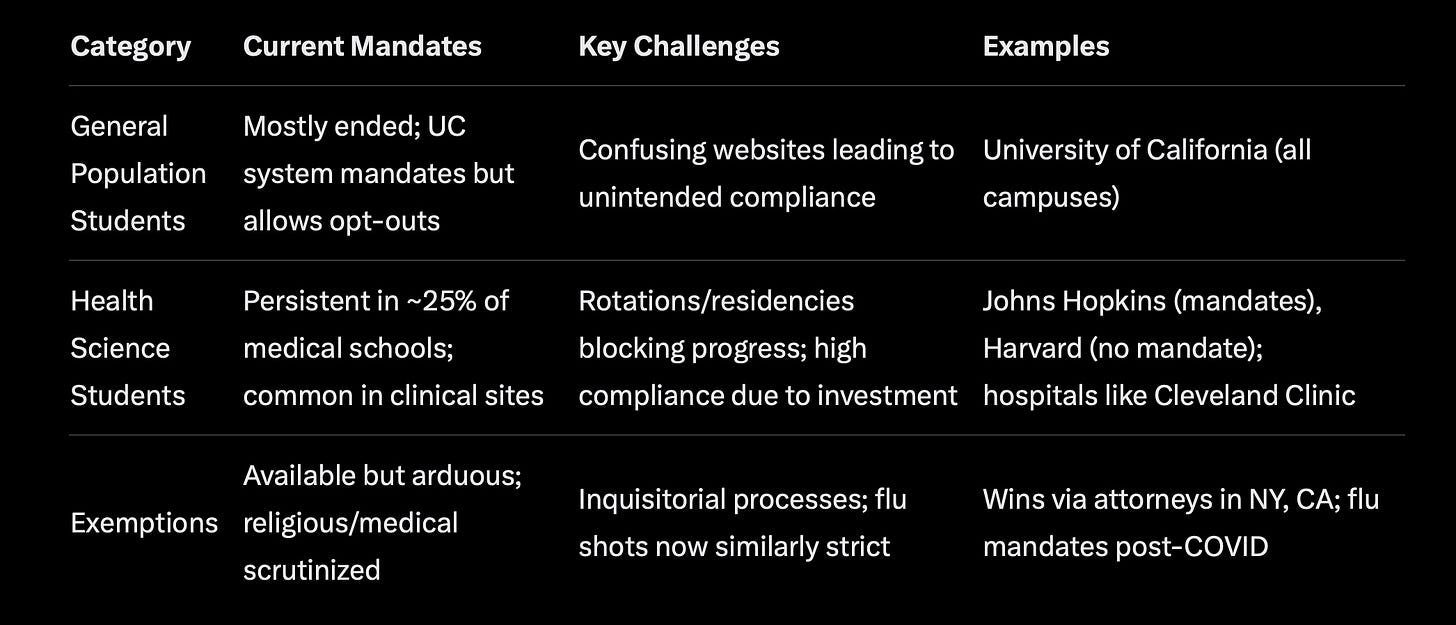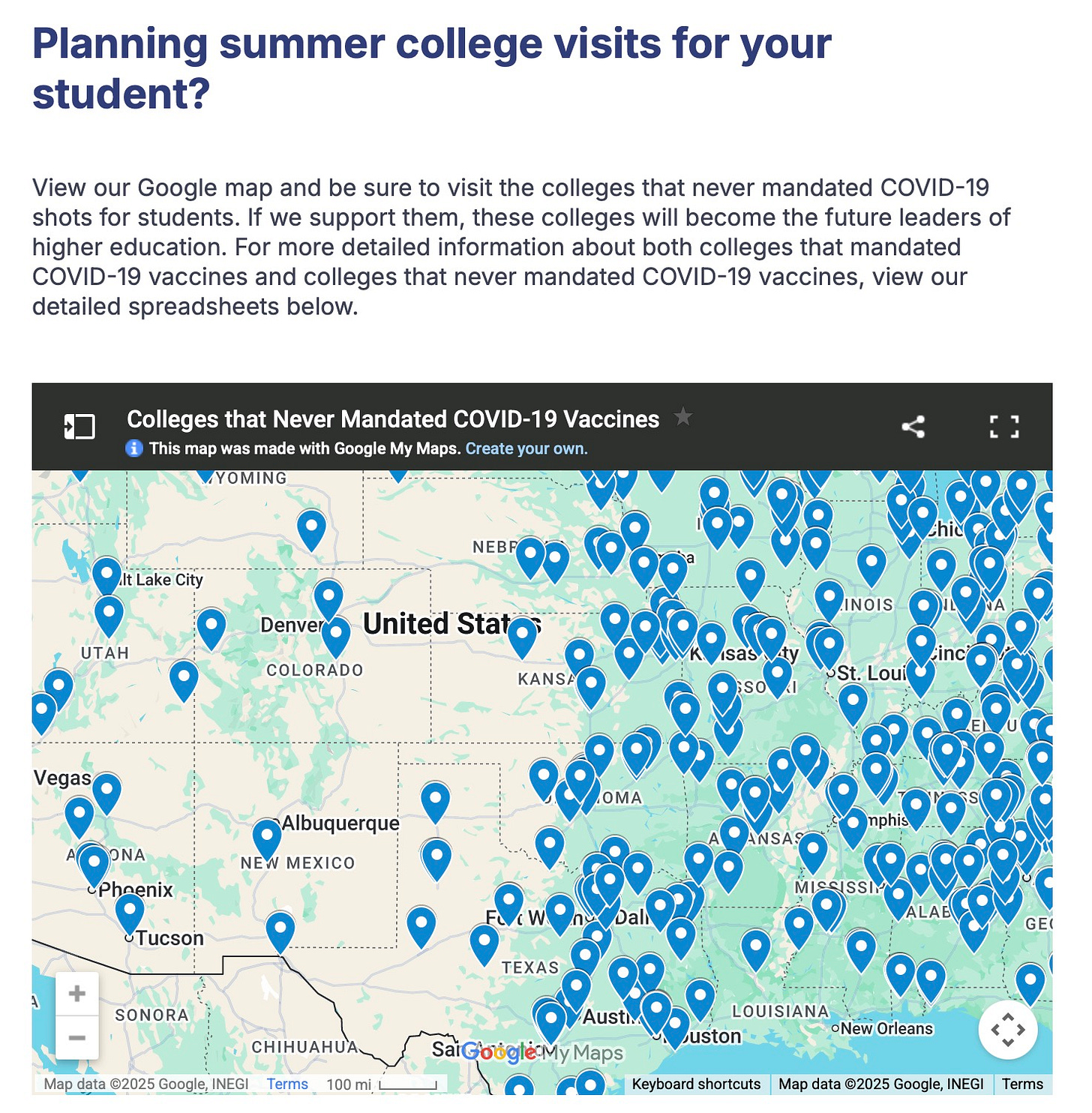On October 6, 2025, Broken Truth TV hosted an in-depth discussion on the lingering impacts of COVID-19 vaccine mandates in higher education. Host John Davidson (@BrokenTruthTV) and co-host Attorney Warner Mendenhall welcomed Lucia Sinatra, founder of No College Mandates, to reflect on the origins of her organization, the battles fought against university policies, and the ongoing challenges for students—particularly those in health sciences. Drawing from personal experiences, legal insights, and data-driven observations, the episode sheds light on a chapter of recent history that continues to affect thousands of young adults.
The Genesis of No College Mandates
Lucia Sinatra’s journey into advocacy began in late 2020, amid growing concerns over impending vaccine mandates at colleges. Her eldest son had just been accepted to Dartmouth College, his dream school, but the prospect of mandatory COVID-19 vaccinations loomed large. Sinatra, already an experienced advocate for public school services in California, recognized the potential for widespread injustice. By April 2021, Rutgers University announced the first mandate, followed swiftly by Harvard and over 1,000 other institutions.
Motivated by her son’s decision—after reviewing studies like the Great Barrington Declaration—to refuse the vaccine, Sinatra founded No College Mandates. The organization aimed to track mandating schools, provide exemption resources, and support families. As she explained, “I could not sit silent in the face of such blatant injustice against these young, healthy adults.”
Warner Mendenhall shared a similar timeline, recalling his own efforts to secure exemptions for his son at Kent State University. The co-hosts bonded early through platforms like Clubhouse and Twitter Spaces (now X), collaborating with figures like Steve Kirsch and the Vaccine Safety Research Foundation (VSRF).
Patterns and Pressures Behind the Mandates
One of the episode’s key revelations was the lack of a clear pattern in which colleges imposed mandates. Sinatra emphasized that public pressure and outrage were the primary deterrents, not factors like federal or state funding. Over 500 colleges never mandated vaccines and, notably, fared better in managing campus outbreaks than those that did.
The discussion highlighted the role of elite institutions, which were often the most stringent and last to relent. Mendenhall noted Oberlin College in Ohio as an example of persistent policies. Central coordination was evident: Jerome Adams, former U.S. Surgeon General, spearheaded the COVID Collaborative, urging university leaders to promote vaccinations using materials from the American College Health Association. These included claims of 100% safety and effectiveness, alongside guilt-inducing messages about endangering communities.
Mendenhall described this as “medical trafficking,” drawing parallels to grooming tactics: isolating students from families, using incentives like cafeteria access or event attendance, and enforcing compliance through social pressure. Emails obtained via public records requests revealed administrators plotting to separate students from parental influence to boost vaccination rates.
Current Status: Mandates Persist in Shadows
While general population students are largely free from mandates, the University of California system remains an outlier, requiring vaccines but allowing opt-outs—though buried in convoluted websites. Sinatra criticized this as “nudge theory” in action, crediting Cass Sunstein’s influence in making compliance the easy path.
For health science students (e.g., medical, nursing, and related majors), the situation is dire. Sinatra advised parents to assume mandates will arise, often from clinical sites rather than schools. Institutions like Johns Hopkins and Emory still require them for certain programs, and rotations or residencies can impose additional barriers. Mendenhall shared a case of a firefighter denied EMT certification due to Cleveland Clinic’s policy, leading to a trial.
Exemptions remain a lifeline, with organizations like No College Mandates referring families to attorneys such as Jim Mermigis, Kevin Barry, and Christina Hildebrand. Success stories include recent wins for nursing students, but the process is invasive, often probing religious or medical beliefs unnecessarily.
Injuries, Legal Battles, and Institutional Resistance
The conversation turned somber when addressing harms. Sinatra reported spikes in sudden deaths, suicides, heart issues, and “turbo cancers” at campuses like Dartmouth (4-5 unexpected deaths in 2021-2023) and Worcester Polytechnic Institute (7-8 suicides in one year). Mendenhall echoed this, noting widespread ignorance among experts, like UC epidemiologist Arthur Reingold, who dismissed DNA integration risks despite evidence from researchers like Kevin McKernan.
Legal efforts have yielded wins: Mendenhall sued five Ohio universities, all of which backed down. Students like Benjamin Lipp, Tice Pat, and Jack Noble exposed coordinated efforts via public records, including self-referential “cabal” emails from the Inter-University Council.
Rutgers emerged as the most egregious offender, with deep pharmaceutical ties (e.g., fellowships funded by Pfizer and J&J). Sinatra suspects data from mandated students was used in vaccine development without informed consent, blurring lines between voluntary trials and coercion.Historically Black Colleges and Universities (HBCUs) were surprisingly resistant, holding mandates longer than Ivies, defying expectations tied to past injustices like the Tuskegee experiments.
Looking Ahead: Advocacy and Reform
Sinatra isn’t retiring yet. No College Mandates maintains free lists of schools’ mandate histories on their website, serving as a “historical marker” and resource. She’s collaborating with Rep. Mark Messmer (Indiana) on legislation to defund mandating programs, including hospital-based training. Connections to the Kennedy administration aim to extend federal defunding to health sciences.
Mendenhall urged state-level action to protect clinical students, emphasizing opt-out rights for all vaccines (e.g., flu, meningitis). Both stressed rebuilding medical education to prioritize empathy over financial incentives, dismantling structures like electronic medical records that enable centralized control.
As Sinatra concluded, “We’ve got to reverse that if we want to stop this crazy train and get our medical freedoms back.” The episode, available on BrokenTruth.TV, underscores the need for vigilance—mandates may fade, but their lessons endure.
For more, visit No College Mandates’ website or Lucia’s Substack. Donations support allies like Freedom Council. If you’re a student or parent facing mandates, resources for exemptions are freely available.













